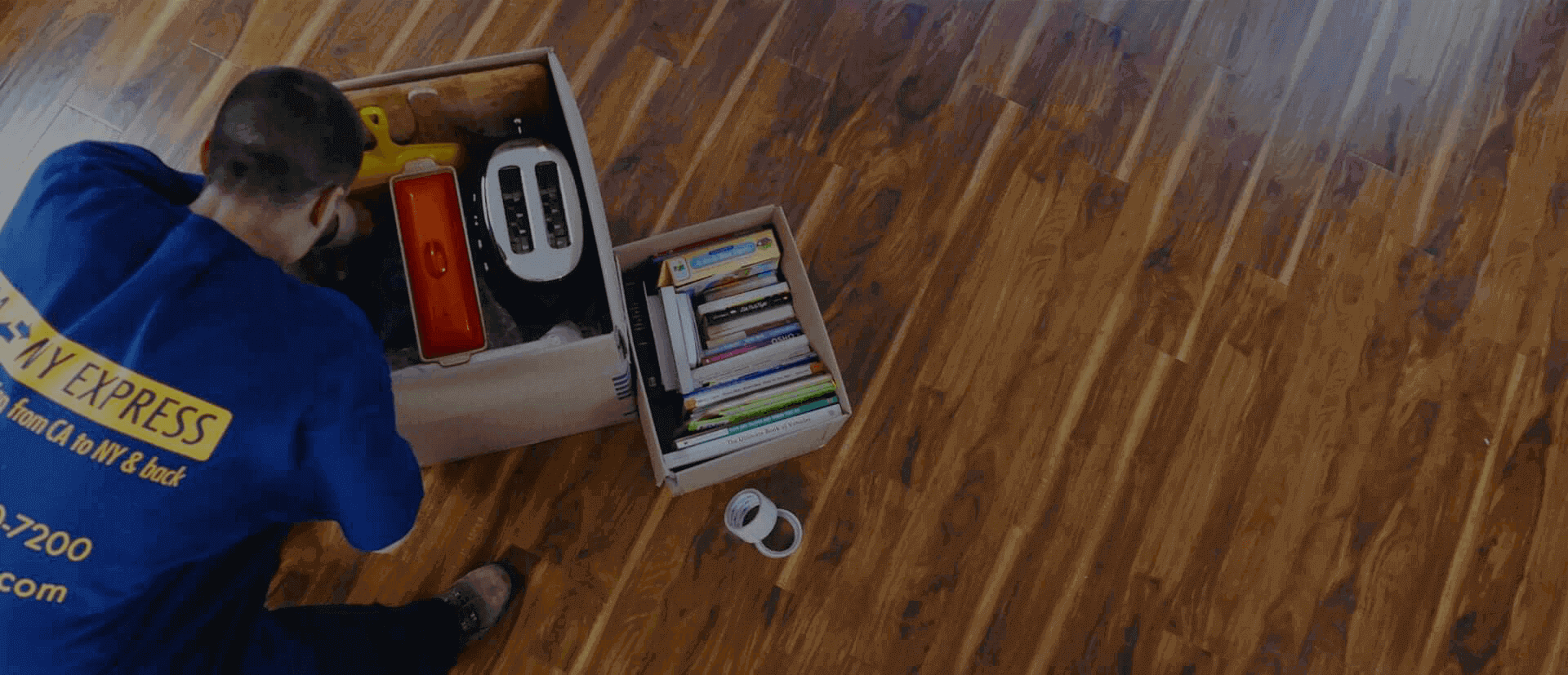
Mortgages
A few things to keep in mind when
trying to land a home mortgage.
mortgages, home loans
Mortgages
But now that banks have tons of bad home loans on their books, bringing the entire financial industry to its knees in the process, banks have gotten the religion on making sure new mortgages will in fact get paid back. Here are a few things to keep in mind about increasing your odds of landing home mortgages. Check your credit report for your FICO score and look for errors. You have a long row to hoe if you have poor credit. Even folks with FICO scores close to 700 are finding it hard to get loans at the best rates. "Borrowers should have their credit reviewed well before they need a mortgage," says Peter Grabel, a private mortgage broker in Connecticut. "There are many things that can be done to improve credit but they can take 30-60 days [to fix]." Because lending companies will turn to your credit report to check your score and payment history to see if you were late with any debt payments, check it before they check it so you're not caught by surprise, and give yourself time to fix any errors. You can get a copy of your credit report from any of the three reporting agencies Trans Union, Experian or Equifax. Your report will list your score as well as current debt and an estimate of how long it will take to pay it off. You'll want to lower your debt-to-income ratio and speak to the institutions about removing any errors or bad marks. Determine your debt-to-income ratio. Lenders are going back to the standard rule of thumb: Your housing expenses (principal, interest, property taxes and insurance, etc.) should be 28% or less of your pre-tax monthly income. Housing expenses plus other debt (car payments, school loans, credit card bills) shouldn't exceed 36% of your income. If your household income is $100,000, that means your debt and monthly expenses, including mortgage, should not exceed $3,000 month. So start paying down debt before applying for home purchase loans. Forget about the days of no money down, or even 5% down, that characterized the rocketing days of real estate. Lenders need more of a commitment on the part of borrowers before lending money after getting burned on so many bad mortgages. If they don't get the down payment, they won't take the risk -- or you'll pay through the nose for the loan. Try to accumulate a 20 percent down payment. "Borrowing more than 80% will be expensive or impossible for many borrowers," says Grabel. Document and gather your assets. "If you are getting a gift, which is the norm these days, it is much easier if the gift is received well before closing (90 days). Don't wait until the last minute to liquidate stocks,"says Grabel. It's not unheard of for applicants to have had their documents held up or closings postponed because redemption checks from stock accounts had not arrived in time. Once you've obtained a mortgage, you're ready to start preparing for your move. |
CA NY Express Movers and Eric Rummel, the account executive, provided exceptional assistance during my move. They ensured that I received the best price and that the entire process Read more testimonials
We used CA-NY Express last month to move from NYC to LA and had a great experience. We had never made a cross-country move before and didn't know what to expect, Read more testimonials
Second time using them for a cross-country move, and would use them the third time too. Solid, communicative, fairly priced. Thanks to the whole team! Read more testimonials
 Used to be that you only needed a pulse to get a
Used to be that you only needed a pulse to get a 



